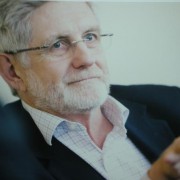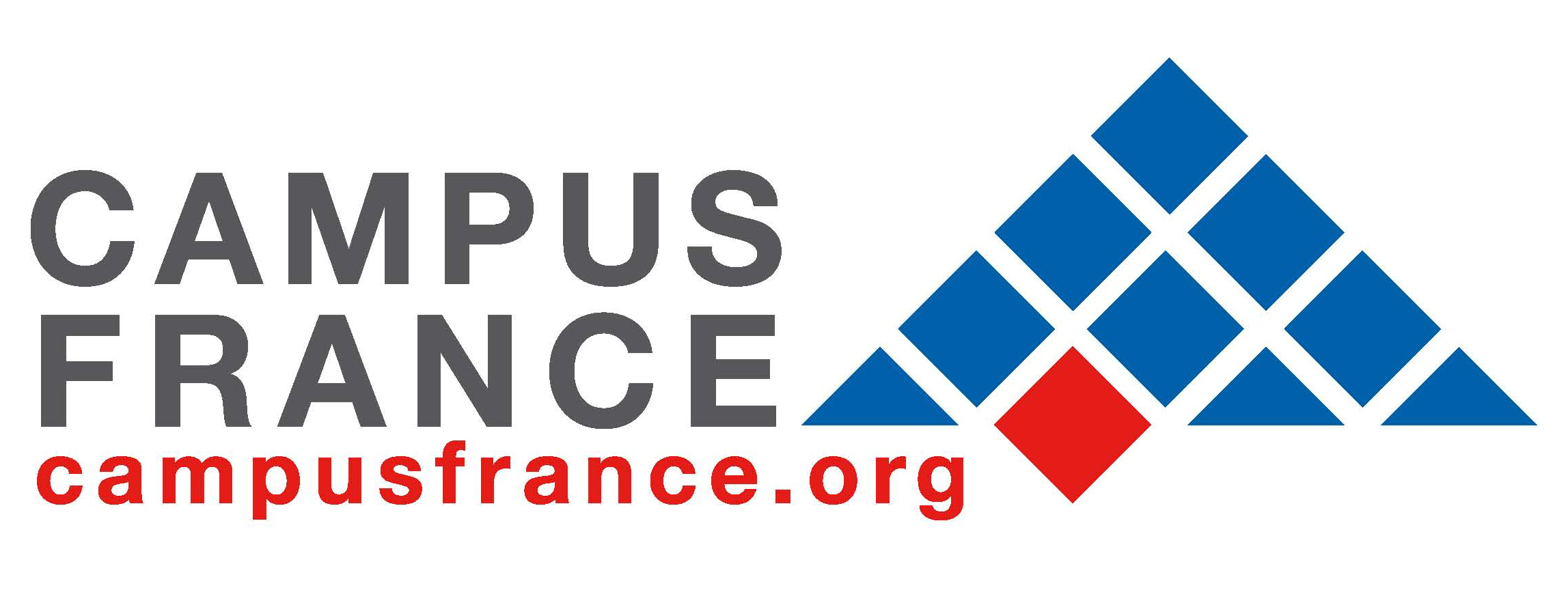Robert Burke is a Program Director and Futurist in Residence at Melbourne Business School’s Mt Eliza executive education, University of Melbourne, Australia. Rob has been a CEO/Managing Director for international companies, a consultant, and a student. He has worked in Australia, USA, Asia and the UK. He has broad corporate clients and he is a regular speaker at conferences and has authored articles on business and futures. His experience as a Chief Executive Officer gives him a deep appreciation of the real challenges that senior leaders experience on a day to day basis and uses both his real world wisdom and his thirst for learning, knowing and understanding, to assist senior leaders position themselves and their organisations for better futures. He is an educator and consultant and also a strategist and futurist. Rob holds tertiary qualifications in business (MBA with distinction) and his Doctorate was on leadership effectiveness. Rob is a Foundation Fellow of Australian Institute of Company Directors (FAICD), and held the Roger Bennett Fellowship from the International Management Centres in 2002. Rob is a Visiting Fellow at the Smith School of Enterprise and the Environment, University of Oxford, 2012.
Robert’s key focus is leadership within a futures context. He challenges managers to think outside of the known, and to consider alternative perspectives. He has methods and approaches that enable truly innovative responses, and create positive energy for reconsidering the purpose of organisations, and how senior managers might create more dignified and sustainable outcomes for their organisations and for our broader society.
Transformative Foresight
A two-day programme
Transformative foresight uses the future to inform the present. To transform means to change. Humans have an inbuilt immunity to change which is one reason traditional strategic plans are rarely implemented. Walter Kiechel of Fortune magazine once polled consultants who claimed that less than ten percent of strategies are successfully implemented. Tom Peters referred to that figure as “wildly inflated”! (Kiechel, 1984:8) (Kiechel, W., 111. “Sniping at Strategic Planning” Planning Review (May 1984:8-11) (sighted in Mintzberg, Henry (1994) ‘The Rise and Fall of Strategic Planning’, The Free Press,New York. P.25).
“Thus we arrive at the planning school’s grand fallacy: Because analysis is not synthesis, strategic planning is not strategy formation. Analysis may precede and support synthesis, by defining the parts that can be combined into wholes. Analysis may follow and elaborate synthesis, by decomposing and formalizing its consequences. But analysis cannot substitute for synthesis. No amount of elaboration will ever enable formal procedures to forecast discontinuities, to create novel strategies. Ultimately, the term “strategic planning” has proved to be an oxymoron.” (Mintzberg, 1994 p. 321)
The essence of transformative foresight is leadership, more specifically, futures thinking in a leadership context.
The class will look at leadership and learning. How we can learn from the future as it emerges in the present as well as how we learn from the past. A role of leadership is to create a preferred future. This inevitably implies change.
In the programme we will consider insights from societal and stakeholder attitudes to business and provide a conceptual roadmap for thinking about how to generate value and collaborative advantage through improved stakeholder relations and what this means for organisational mind sets and capabilities. It is very important that we understand that what strategy is – is what you actually do. It cannot be anything else. Strategy happens in the present, in the now, by you. Strategic and business planning, although very important, is still just espoused strategy – it is not strategy in action. This is why transformative foresight matters – it is the thinking you need to do before you even start strategy planning. It is the rigour needed to create the relevance. Therefore, linking culture, strategy and leadership is critical. Strategy is the ideas, decisions, and actions that enable an organisation to succeed.
Strategic management analyses decisions and actions an organisation undertakes in order to create and sustain a competitive advantage. Strategic leadership, however, is the need to create and re-create reasons for a company’s continued existence. Transformative foresight is the ideal method for this process.
Robert Burke Introduces ‘Futures Thinking’ Event – Geelong Conference Centre – 4/5/2012. Launch of the Expansive Learning Network.






